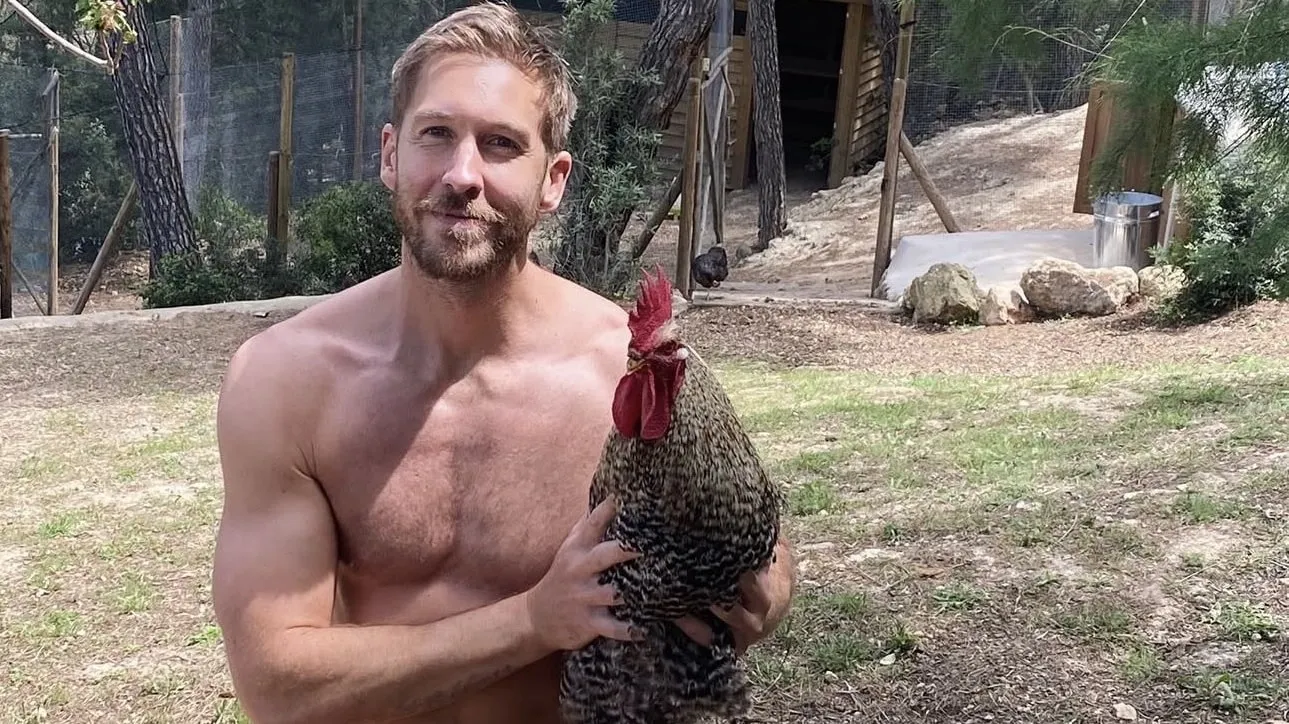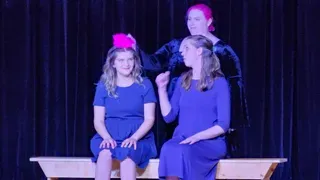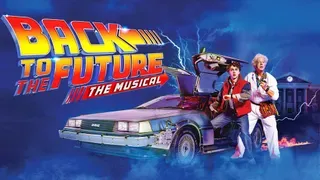January 30, 2016
Inside Llewyn Davis (The Criterion Collection)
Jake Mulligan READ TIME: 4 MIN.
If you can find a recurring theme or a common thread that runs through the works of Joel and Ethan Coen, odds are high they've made at least one movie that breaks your thesis. But there is one artistic rule they follow every time out: The brothers need their films to be rooted in a discernable setting - both time and place -- or else they don't even know where to start.
That's but one of the many topics covered in "The First Hundred Feet, the Last Hundred Feet," a special feature produced for and included in the Criterion Collection's Blu-ray release of "Inside Llewyn Davis." It's a 40-minute interview with the brothers, conducted by the thoughtful and excitable filmmaker Guillermo del Toro. He chooses to quiz the two men on the connections and contrasts between their earliest work and their latest films (hence the title). And that claim they make checks out: From the West Texas of "Blood Simple" to the pre-Dylan Greenwich Village of "Davis," each Coen movie is situated within a specific milieu. That's a fascinating choice for such linguistically-minded filmmaker -- they're always going places, looking for new languages to translate into their own screwball tongue.
The subject of "Davis" is disconnection, with homeless folk singer Llewyn (Oscar Isaac) searching for both meaning and money in the wake of his best friend's suicide. Llewyn's couch-to-couch routine forces him, rather accidentally, into a circular pilgrimage: He begins on the couch of friendly Jewish intellectuals, then floats around the folk sing searching for $200 (a married woman he inadvisedly slept with now needs an abortion), then to Chicago for an impromptu tryout, then hitchhiking his way back to his home city, all so he can find himself sleeping on the same couch he started with by the week's end. The Coen's Greenwich Village is loaded with naturalistic details and nuances: The skinny hallways leading to bone-thin rooms, the reliance on pay phones and secondhand information, the way that race and class are separated by a subway line.
But the film's foggy palette and muted colors suggest the landscape of a damaged mind, as much as they do the city. Just as circles do, doubles abound during Llewyn's sojourn. Two identical cats join his side, each branching off into their own "incredible journey." Two boxes of remaindered records stick out from the underside of an end table. The film begins and ends with two scenes of Llewyn performing at the same cafe, during which we see him perform one song two separate times. Everything is granted a double except for Llewyn, who is tragically without his. Which brings us back to the subject of spheres: This is Greenwich Village, but it's redressed as a Coenesque circle of hell.
The Blu-ray release of the 2013 film offers the standard Criterion extras (multiple trailers and a critical essay) alongside insights into both central subjects: The men who made the movie, and the place they set it in. On the former point, there's the aforementioned interview with del Toro, who pushes the pair to speak about their influences (they're "Mad Max" fans), their evolving aesthetic (their camera has calmed down since the early films), and their take on the subtextual depths of "Davis" (del Toro even gets them talking about the symbolic value of individual line readings).
The brothers also make their presence known in two other additional features. One is a making-of-the-movie featurette ("Inside Inside Llewyn Davis," which runs for more than 40 minutes), and the other is a 15-minute conversation where the pair are matched with their music producer T-Bone Burnett ("The Way of Folk").
Most of the other extras are more directly concerned with folk music and its way. Chiefly, there's an A-grade audio commentary, wherein three major critics and historians of 20th century music (Robert Christgau, David Hajdu, and Sean Wilentz) offer an almost overwhelming amount of insight and context on the scene being depicted in "Davis." Following that is "Before the Flood," a short video essay that considers the cultural makeup of the film's chosen region (the piece is by Elijah Wald, who worked with folk singer Dave von Ronk on his autobiography, "The Mayor of MacDougal Street," which the Coen's have often cited as a primary source for this film.)
Folk fans will also surely find interest in "Another Day, Another Time," a 100-minute concert film that was staged and originally aired in conjunction with the first release of "Davis." It features live performances of the film's soundtrack cuts, alongside other tracks performed by artists ranging from Joan Baez to Jack White.
The final extra feature is "Sunday," a short documentary feature directed by Dan Dresin, which depicts the arrest of numerous folk singers at Washington Square Park, by the cuffs of a coterie of handsy police officers. The piece itself may not be a vital document, but the Coen's cite it, in their interview with del Toro, as another source of integral influence. They were captivated by the image of a meek arrested man cradling his autoharp, and they pay tribute to the image in "Davis" proper. The inclusion of the short is indicative of what makes both this whole release such a pleasantly beguiling viewing experience: this is where the personal and the historical merge paths.
"Inside Llewyn Davis"
Blu-ray
$39.95
Criterion.com






